Merging Clusters In 30 Doradus.

Merging clusters in 30 Doradus.
Credit: NASA, ESA and E Sabbi
More Posts from Lanas-own-blog and Others



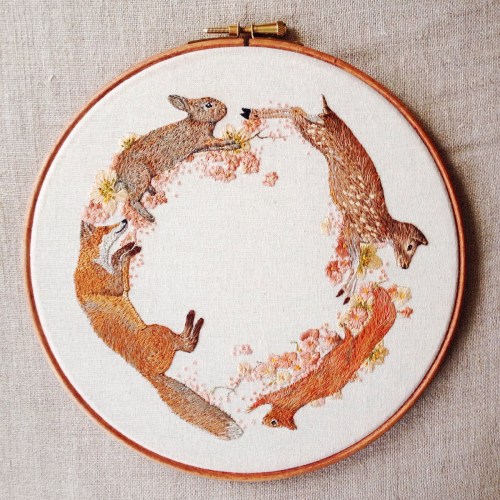

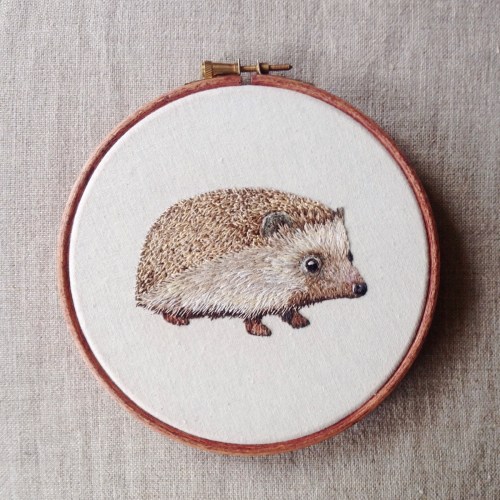

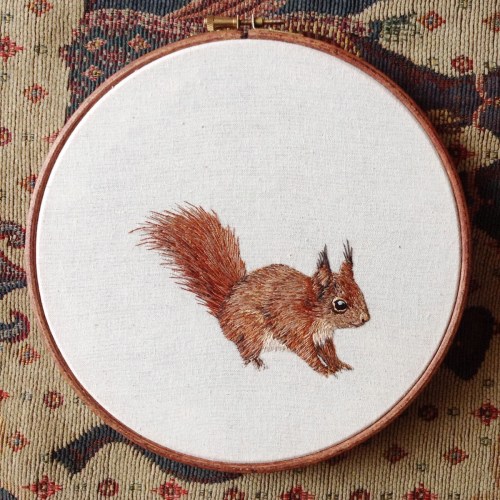

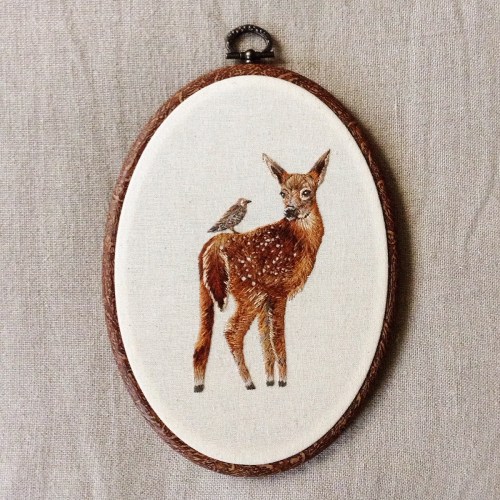
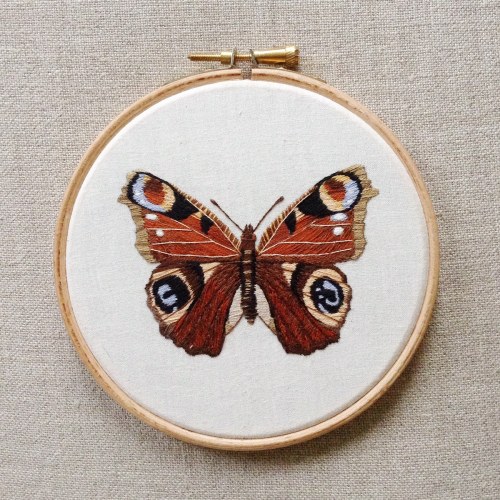
Delicate Nature and Animal Embroidery by Emillie Ferris
UK artist Emillie Ferris composes stunning embroidery illustrations of wildlife and nature into pendants and oval frames. Depicting delicate animals, such as butterflies, deers and rabbits, Ferris’ choice of wildlife subjects exist in the realms of an ethereal forest.
Her embroidery technique displays meticulous talent and detail to color, shape, as well as the texture of fur, which stands out against a clean off-white background. You can find more of her dainty designs at her Etsy shop!


Is it too late to jump on the pumpkin-everything bandwagon?
Select pumpkin images from our Seed Catalogs collection
Space Launch System

Our Space Launch System (SLS) is an advanced launch vehicle for exploration beyond Earth’s orbit into deep space. SLS, the world’s most powerful rocket, will launch astronauts in our Orion spacecraft on missions to an asteroid and eventually to Mars!

A launch system required to carry humans faster and farther than ever before will need a powerful engine, aka the RS-25 engine. This engine makes a modern race car or jet engine look like a wind-up toy. With the ability to produce 512,000 pounds of trust, the RS-25 engine will produce 10% more thrust than the Saturn V rockets that launched astronauts on journeys to the moon!

Another consideration for using these engines for future spaceflight was that 16 of them already existed from the shuttle program. Using a high-performance engine that already existed gave us a considerable boost in developing its next rocket for space exploration.
Once ready, four RS-25 engines will power the core stage of our SLS into deep space and Mars.

NGC 5189.
Credit: NASA, ESA and The Hubble Heritage Team (STScI/AURA)


Vela Supernova Remnant : The plane of our Milky Way Galaxy runs through this complex and beautiful skyscape. At the northwestern edge of the constellation Vela the telescopic frame is over 10 degrees wide, centered on the brightest glowing filaments of the Vela Supernova Remnant, an expanding debris cloud from the death explosion of a massive star. Light from the supernova explosion that created the Vela remnant reached Earth about 11,000 years ago. In addition to the shocked filaments of glowing gas, the cosmic catastrophe also left behind an incredibly dense, rotating stellar core, the Vela Pulsar. Some 800 light-years distant, the Vela remnant is likely embedded in a larger and older supernova remnant, the Gum Nebula via NASA
js
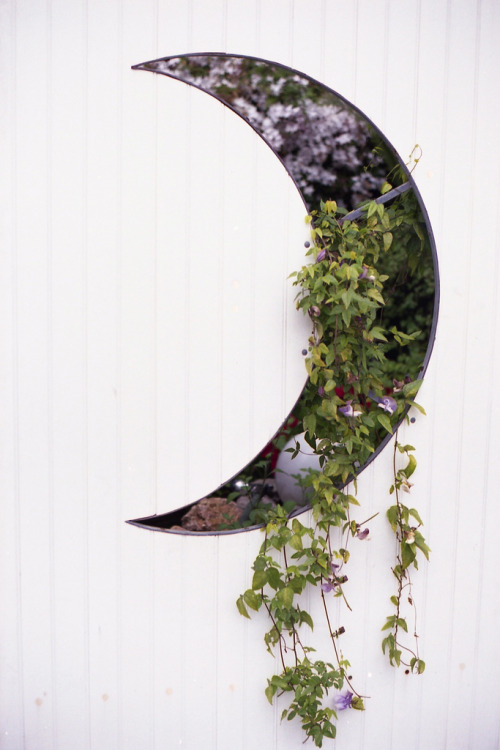

-
 kagayboushi reblogged this · 4 years ago
kagayboushi reblogged this · 4 years ago -
 joeblack999 liked this · 5 years ago
joeblack999 liked this · 5 years ago -
 hillbilly322 liked this · 6 years ago
hillbilly322 liked this · 6 years ago -
 gingerann reblogged this · 6 years ago
gingerann reblogged this · 6 years ago -
 skysnow9 liked this · 7 years ago
skysnow9 liked this · 7 years ago -
 astralarrow reblogged this · 8 years ago
astralarrow reblogged this · 8 years ago -
 nlockett reblogged this · 8 years ago
nlockett reblogged this · 8 years ago -
 nlockett liked this · 8 years ago
nlockett liked this · 8 years ago -
 thatscaptainjacksparrowtoyou reblogged this · 9 years ago
thatscaptainjacksparrowtoyou reblogged this · 9 years ago -
 ineedspacex-blog reblogged this · 9 years ago
ineedspacex-blog reblogged this · 9 years ago -
 alsacco-blog1 liked this · 9 years ago
alsacco-blog1 liked this · 9 years ago -
 une-dyke-tragique reblogged this · 9 years ago
une-dyke-tragique reblogged this · 9 years ago -
 henry-is-a-weird-male-name liked this · 9 years ago
henry-is-a-weird-male-name liked this · 9 years ago -
 cottonvitellius-axv reblogged this · 9 years ago
cottonvitellius-axv reblogged this · 9 years ago -
 galaxyloverboy-blog liked this · 9 years ago
galaxyloverboy-blog liked this · 9 years ago -
 ekollix liked this · 9 years ago
ekollix liked this · 9 years ago -
 fandom-trash-41102-blog liked this · 9 years ago
fandom-trash-41102-blog liked this · 9 years ago -
 shadowofdesire liked this · 9 years ago
shadowofdesire liked this · 9 years ago -
 ksyu1 reblogged this · 9 years ago
ksyu1 reblogged this · 9 years ago -
 auroraisgay reblogged this · 9 years ago
auroraisgay reblogged this · 9 years ago -
 auroraisgay liked this · 9 years ago
auroraisgay liked this · 9 years ago -
 samovila1 liked this · 9 years ago
samovila1 liked this · 9 years ago -
 lover5414-blog liked this · 9 years ago
lover5414-blog liked this · 9 years ago -
 upclose2thestars reblogged this · 9 years ago
upclose2thestars reblogged this · 9 years ago -
 emilythepunk reblogged this · 9 years ago
emilythepunk reblogged this · 9 years ago -
 rileyanne13 liked this · 9 years ago
rileyanne13 liked this · 9 years ago -
 coyotefeets reblogged this · 9 years ago
coyotefeets reblogged this · 9 years ago -
 allthatshiny reblogged this · 9 years ago
allthatshiny reblogged this · 9 years ago -
 aa-ix liked this · 9 years ago
aa-ix liked this · 9 years ago -
 archonvictorinus reblogged this · 9 years ago
archonvictorinus reblogged this · 9 years ago -
 archonvictorinus liked this · 9 years ago
archonvictorinus liked this · 9 years ago -
 alchemy-stars reblogged this · 9 years ago
alchemy-stars reblogged this · 9 years ago -
 nofearinlove liked this · 9 years ago
nofearinlove liked this · 9 years ago -
 crystalwingsfly-blog liked this · 9 years ago
crystalwingsfly-blog liked this · 9 years ago -
 gaboc66 reblogged this · 9 years ago
gaboc66 reblogged this · 9 years ago -
 gaboc66 liked this · 9 years ago
gaboc66 liked this · 9 years ago -
 let-there-be-booty liked this · 9 years ago
let-there-be-booty liked this · 9 years ago
I've had lots of blogs in the past, but this one I'm actualy excited to share with people.
68 posts
